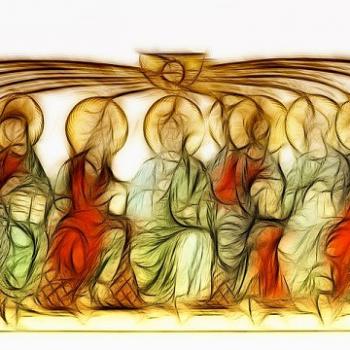 There may be no need to reconcile all one’s beliefs with all one’s other beliefs—no need to attempt to see reality steadily and as a whole. Perhaps our beliefs can be compartmentalized, so that there is no need, for example, to reconcile one’s regular attendance at Mass with one’s work as an evolutionary biologist. Richard Rorty
There may be no need to reconcile all one’s beliefs with all one’s other beliefs—no need to attempt to see reality steadily and as a whole. Perhaps our beliefs can be compartmentalized, so that there is no need, for example, to reconcile one’s regular attendance at Mass with one’s work as an evolutionary biologist. Richard Rorty
This passage was part of the final essay that my American Philosophy students and I considered in our final class of the semester yesterday. It has been an assumption of philosophers in the Western tradition that ideas and beliefs are true to the extent that they match up with the real world, a reality that exists independently of our individual perspectives.
The American pragmatists challenge this “correspondence theory” of reality, arguing instead that ideas are “true” to the extent that the lead one to fruitful paths toward happiness and flourishing. Such ideas need not cohere with each perfectly or even at all. Rorty’s essays and our class discussion yesterday brought to mind a very important question that a good friend asked me thirty-five years ago, a question that has never left me since. I wrote about this quesiton several years ago on this blog. Enjoy!













